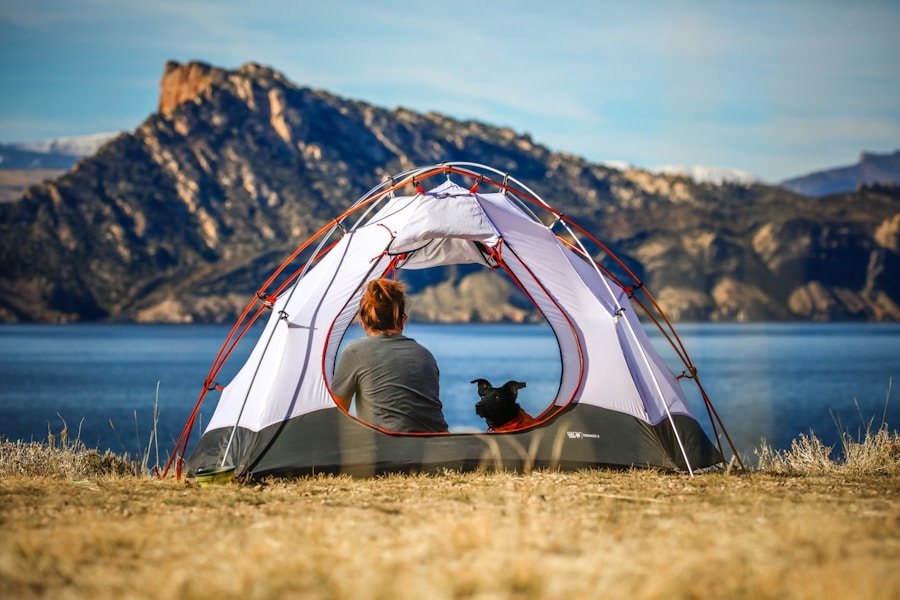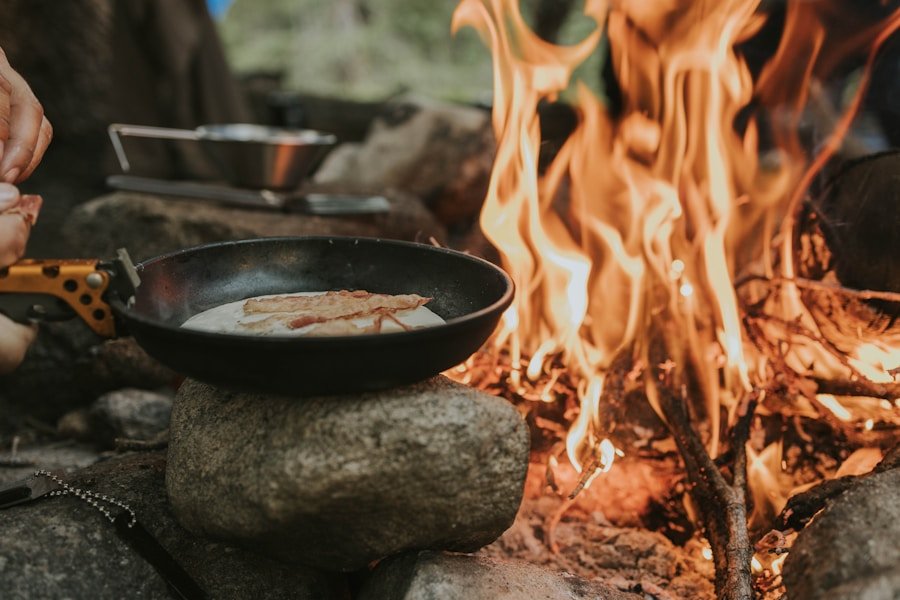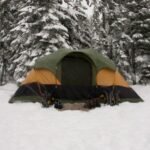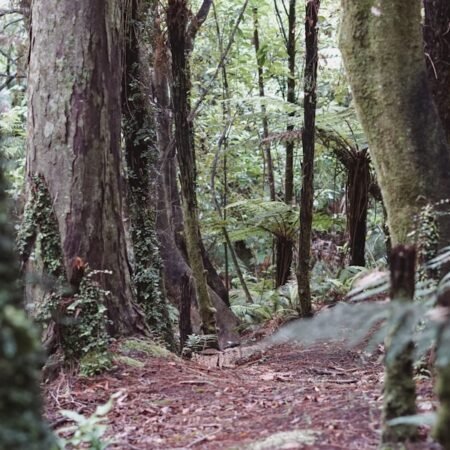Establishing a campsite offers a valuable opportunity for families to collaborate and foster strong relationships. This process necessitates teamwork, effective communication, and problem-solving skills, all of which are crucial for a successful camping experience. One of the initial steps in promoting bonding during camp setup is to engage all family members in the process.
By assigning tasks to each individual, the workload can be distributed evenly, giving everyone a sense of contribution to the trip’s overall success. This approach can also instill a sense of responsibility and ownership in children, leading to a empowering and rewarding experience for them. Another vital aspect of fostering bonds during camp setup is creating a positive and inclusive atmosphere.
Encouraging open communication and collaboration can help cultivate a sense of unity and teamwork within the family. It is essential to listen to each other’s ideas and opinions and work together to overcome any challenges that may arise. By establishing a supportive and inclusive environment, families can strengthen their bonds and create lasting memories together.
Key Takeaways
- Building bonds through teamwork is essential for a successful family camping trip
- Choosing the right campsite is crucial for a comfortable and enjoyable experience
- Assigning roles and responsibilities helps distribute tasks and ensures everyone contributes
- Effective communication and problem-solving are key for a smooth camping experience
- Building trust and support within the family creates a positive and inclusive environment for everyone
Choosing the Right Campsite
Choosing the right campsite is crucial for a successful camping trip. It’s important to consider factors such as location, amenities, and activities when selecting a campsite that will meet the needs and preferences of the entire family. When choosing a campsite, it’s important to consider the interests and abilities of all family members.
For example, if there are young children in the family, it may be important to choose a campsite that is close to amenities such as restrooms and playgrounds. On the other hand, if the family enjoys hiking and outdoor activities, a more remote and rugged campsite may be a better fit. In addition to considering the needs and preferences of the family, it’s also important to consider the logistics of the campsite.
This includes factors such as accessibility, safety, and availability of resources such as water and firewood. Choosing a campsite that is easily accessible and safe can help ensure a smooth and enjoyable camping experience for the entire family. By carefully considering these factors, families can choose a campsite that will meet their needs and provide a comfortable and enjoyable environment for everyone.
Assigning Roles and Responsibilities
Assigning roles and responsibilities is an important aspect of setting up camp as a family. By assigning specific tasks to each family member, everyone can contribute to the overall success of the camping trip and feel a sense of ownership over the experience. This can also help teach children valuable life skills such as responsibility, teamwork, and problem-solving.
When assigning roles and responsibilities, it’s important to consider the interests and abilities of each family member. For example, if someone enjoys cooking, they may be responsible for preparing meals during the camping trip. On the other hand, if someone is skilled at setting up tents, they may take on that task.
In addition to assigning specific tasks, it’s also important to encourage open communication and collaboration among family members. This can help ensure that everyone is on the same page and working together towards a common goal. By working together to assign roles and responsibilities, families can build strong bonds and create a sense of unity and teamwork that will carry over into other aspects of their lives.
Communication and Problem-Solving
Communication and problem-solving are essential skills for setting up camp as a family. It’s important for family members to communicate openly and effectively in order to work together towards a common goal. This includes listening to each other’s ideas and opinions, expressing concerns or challenges, and finding solutions together.
By fostering open communication, families can build trust and support among each other, which is essential for a successful camping experience. In addition to communication, problem-solving skills are also crucial for setting up camp as a family. There are bound to be challenges and obstacles that arise during the camping trip, and it’s important for families to work together to find solutions.
This may involve brainstorming ideas, trying different approaches, and being flexible and adaptable in the face of unexpected circumstances. By embracing challenges and working together to find solutions, families can strengthen their bonds and create lasting memories together.
Building Trust and Support
Building trust and support is an important aspect of setting up camp as a family. Trust is essential for effective communication, collaboration, and problem-solving, all of which are crucial for a successful camping experience. By building trust among family members, everyone can feel confident in each other’s abilities and rely on each other for support when needed.
This can help create a sense of unity and teamwork within the family, which is essential for a smooth and enjoyable camping trip. In addition to building trust, it’s also important for families to provide support for each other during the camping trip. This may involve offering encouragement, lending a helping hand when needed, or simply being there to listen and provide emotional support.
By creating a supportive environment, families can strengthen their bonds and create lasting memories together.
Creating a Positive and Inclusive Environment
Creating a positive and inclusive environment is essential for setting up camp as a family. This involves fostering open communication, collaboration, and mutual respect among family members. By creating a positive environment, families can build strong bonds and create lasting memories together.
It’s important to listen to each other’s ideas and opinions, and to work together to find solutions to any challenges that may arise. In addition to creating a positive environment, it’s also important to be inclusive of all family members’ interests and abilities. This may involve finding activities that everyone can enjoy, or making accommodations for individuals with specific needs or preferences.
By being inclusive, families can ensure that everyone feels valued and included in the camping experience.
Embracing Challenges and Celebrating Success
Embracing challenges and celebrating success is an important aspect of setting up camp as a family. There are bound to be obstacles and unexpected circumstances that arise during the camping trip, but by working together to find solutions, families can overcome these challenges and grow stronger as a result. It’s important to approach challenges with a positive attitude and a willingness to try different approaches in order to find solutions.
In addition to embracing challenges, it’s also important for families to celebrate their successes during the camping trip. This may involve acknowledging individual accomplishments, such as successfully setting up a tent or starting a fire, or celebrating collective achievements, such as preparing a delicious meal together. By celebrating success, families can build confidence and create lasting memories together.
Reflecting and Planning for Future Trips
Reflecting on the camping trip and planning for future trips is an important aspect of setting up camp as a family. By reflecting on their experiences, families can identify what went well and what could be improved upon in future trips. This may involve discussing what activities everyone enjoyed, what challenges they faced, and what they would like to do differently next time.
In addition to reflecting on their experiences, it’s also important for families to plan for future camping trips. This may involve discussing potential destinations, activities, and logistics for future trips. By planning ahead, families can ensure that they are prepared for future camping adventures and have something to look forward to as they continue building strong bonds through teamwork while setting up camp as a family.
In conclusion, setting up camp as a family provides an excellent opportunity for building strong bonds through teamwork. By involving everyone in the process, choosing the right campsite, assigning roles and responsibilities, communicating effectively, building trust and support, creating a positive environment, embracing challenges, celebrating success, reflecting on their experiences, and planning for future trips, families can create lasting memories together while strengthening their relationships through teamwork while setting up camp as a family.
FAQs
What are some teamwork tips for families setting up camp?
Some teamwork tips for families setting up camp include assigning specific tasks to each family member, communicating effectively, and working together to problem solve and overcome challenges.
How can setting up camp as a family help build bonds?
Setting up camp as a family can help build bonds by fostering a sense of togetherness, promoting teamwork and cooperation, and creating shared memories and experiences.
What are the benefits of teamwork within a family while camping?
The benefits of teamwork within a family while camping include teaching valuable life skills, promoting a sense of responsibility and accountability, and strengthening the family unit through shared experiences and challenges.
How can families encourage teamwork while camping?
Families can encourage teamwork while camping by setting clear expectations, providing positive reinforcement, and leading by example through their own actions and attitudes towards teamwork.













